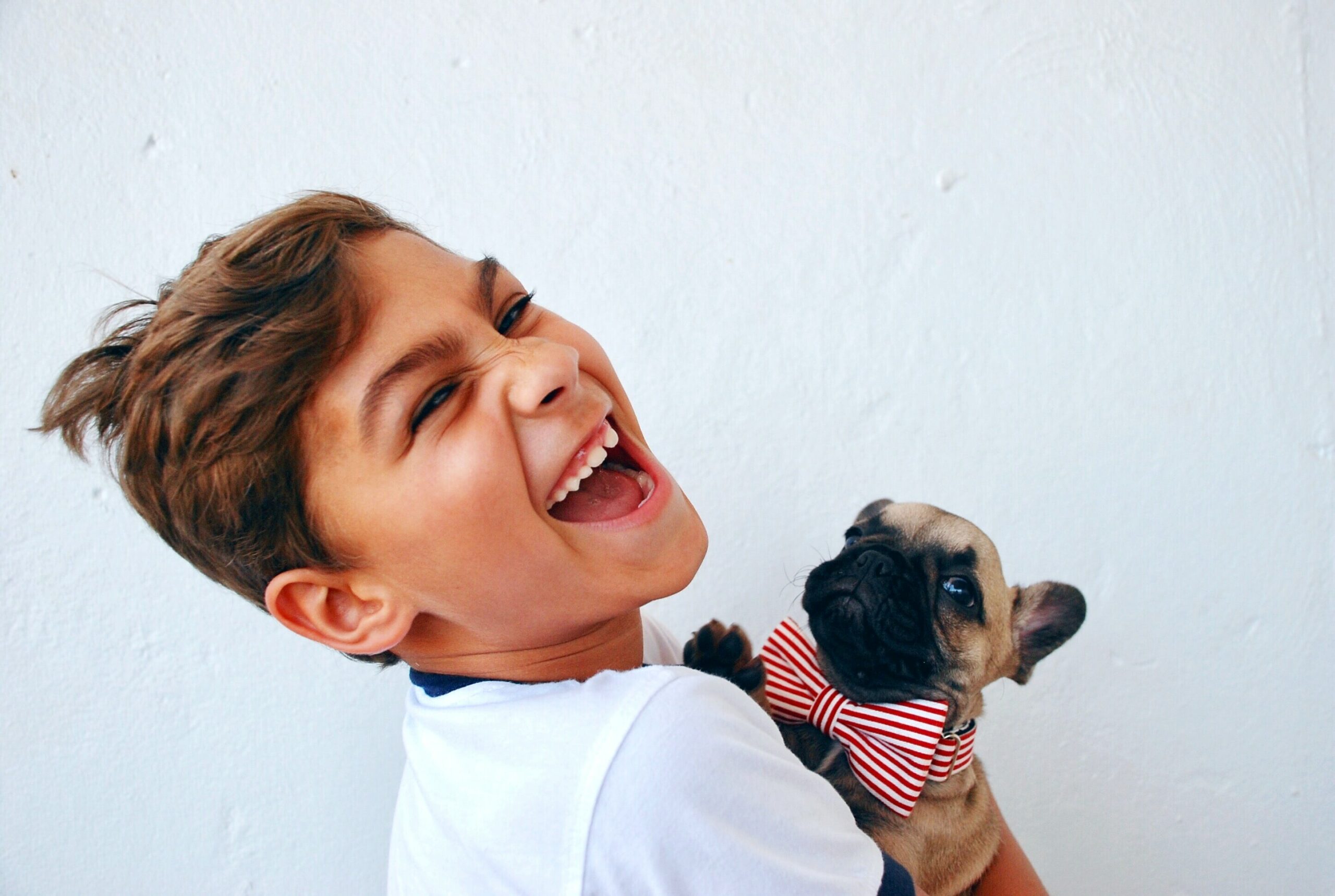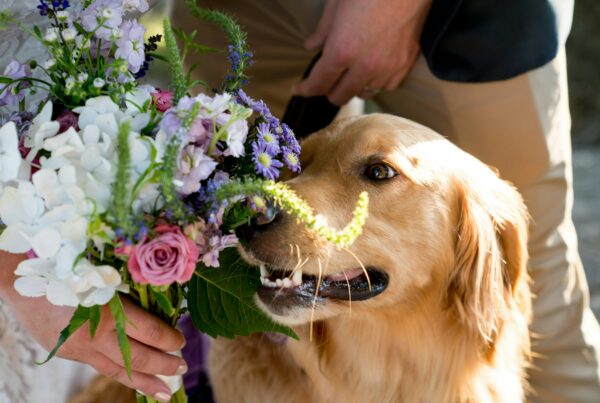It’s a truth universally acknowledged that kids love puppies. But bringing a new dog into the family is an investment of time, money, and emotional energy. And before you say “yes,” think about what it will involve preparing your children for this event. It’s essential to ensure they are emotionally ready and understand what they are getting into before they get their heart set on the idea of a puppy friend in the house. Here are some tips for preparing your kids for the significant new family addition.
1. Research what puppy you’re bringing into your family
Once you’ve decided to bring a dog into the family, you must let your kids know what type of dog you’re planning on getting. This might help them be more excited about the idea or may help them get a handle on what the dog will be like in general. Spend time researching which breed would be a good fit for your kids, household, and lifestyle. Talking to your kids about what they want in a puppy is also essential. Do they like lap dogs or playful retrievers? Whether getting a miniature Yorkie or an English Mastiff, end any mystery by discussing what type of dog you’re bringing home.
2. Have A Family Meeting On Expectations
Once you’ve told your kids you’re getting a new puppy, have a family meeting on expectations. And ask them if they have any concerns about the new puppy. If there are any, address them and see what ideas you can come up with to help them prepare for a new dog in the house. Explain the importance of being gentle; a puppy is fragile and will need extra care. Let them know that a puppy is not a toy, teach them games to play with the puppy, like fetch instead of pulling on their tails, etc. Talk about expectations for caring for the dog; if they’re old enough, delegate specific responsibilities such as feeding and taking them for walks, etc. If they’re younger, explain how to be gentle and handle the puppy in the house. Be sure to address the importance of teaching their new puppy limits, not chewing on furniture or shoes, and not running away from them.
3. Teach Your Kids About Reading Body Language Of Their Puppy
Puppies are curious and love to play and explore their new environment. They’re also very adaptable and will quickly learn the rules of your house. But they won’t always understand that what they’re doing is bothering you or your kids. So before you bring the new puppy home, teach your kids how to read their puppy’s body language. Understanding body language will help create a healthy relationship between your kid and the puppy. Explain that puppies need breaks too, and they might not feel like playing all the time, so let them know and acknowledge when your puppy needs space. Show them what to do when their puppy bites, growls or tries to play too rough. And explain that all puppies bite but don’t bite because they’re mean; they do it because they’re exploring.
4. Keep Your Eyes On Both
Although it’s essential to explain what body language is and how to read it, it’s also just as important to keep your eyes on your kids and the puppy at all times. This will help ensure neither party is getting too rough or the puppy isn’t getting into something he shouldn’t be. Some things are okay for training purposes, so ensure you know what appropriate behavior for a young child and puppy is. Be sure to explain to your kids how to teach their puppy things like sitting, staying, and coming. These will be essential commands they can use later when they have more independence with their puppy.
5. Try To Stay Calm
Just like a human family, puppies get easily stressed out. They might not know how to calm down when scared or hurt. So it’s essential to stay calm and enjoy having a new addition to your family, even when your kids are trying to scare him. This will help keep the puppy safe and reduce stress for everyone in the house. Let them know how important it is to stay calm and not scream or yell at the puppy when they do something wrong, as this will only add stress to the puppy.
Conclusion
If you’re bringing a new puppy into your family or planning on it, making sure your kids are ready for the transition is essential. And remember, it isn’t just your kids that need to be prepared, but you too. Puppies can be high maintenance and require a lot of time and energy. Make sure everyone is on board before you bring this new member of the family home. This will help make the transition easier for everyone involved.
Photo credit: https://unsplash.com/photos/fnCywjEgp8U
Love our content? Share it with a friend or link it to social media. Like short clips of cute household pets? Training tips? Follow us on instagram @nydognanny or on YouTube at nydognanny. Have some news you needs to get to dog and cat parents stat? Email info@newyorkdognanny.com with your article pitch.




